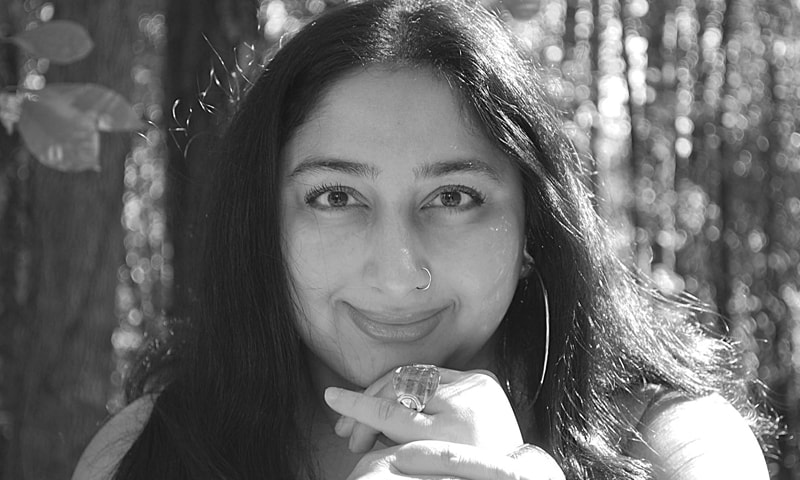An Isolated Incident is US-based writer Soniah Kamal’s first novel. Essayist, literary critic and book reviewer, Kamal is an MFA student at Georgia State University where she is a Paul Bowles Fiction Fellow. Here she talks to Books&Authors about her novel.
You said that An Isolated Incident was 20 years in the making...
The idea came to me when I was in high school, so that’s when the thought process began. However, it took 10 years to write in the sense that the writing process is a mix of thinking about the execution of the novel as well as the actual ‘writing’ part of it. Of course in these 10 years I also brought up my children and moved several times and wrote essays, book reviews, interviewed authors etc. I’m firm believer that one should take as much time as one wants to write a book one is proud of. Writing for me is a not a race, thankfully, but a determined stroll.
You’ve described a militant training camp in Afghanistan — as well as Afghan terrain — in detail. Is this the outcome of visits there?
No. The outcome of copious research.
And have you visited Kashmir?
I had the good fortune to vacation in Srinagar many times as well as Muzaffarabad when I was growing up, and I was really keen to write a novel in which both these cities could play a part.
The ordeal of one of the main protagonists in the novel, Zari Zoon, is described with great sensitivity. It’s written with an understanding of someone who is no stranger to pain ...
Thank you! Zari was a very tough character to write and her trauma had to be handled sensitively and with dignity. There are very few of us this world, if any, who may be able to escape pain. As a writer and storyteller, however, it is my job to go deep inside pain in order to write about it authentically and effectively.
You’ve lived in the US for many years, and your debut novel is a tribute to your Kashmiri roots. Will your next work be in a Pakistani setting, perhaps?
In the novel my two main characters, Zari, who is from Srinagar, and Billy, whose father moved from Srinagar to America ages ago, battle out the meaning of ‘having roots in a place’ as well as whose perspective is more ‘authentic’. Many of my short stories are set in Pakistan as well as the US, but a writer should set a story wherever the story needs to be set. Thankfully that’s where research comes into play.
Are any of the characters in the novel modelled after real people and their stories?
Not at all. However, many of the characters’ names are definitely tributes to people I love very much. Fahad is named after my brother; Baber after a very dear friend of mine who passed away; Miraage, Buraaq and Indus are actually my children. I had a lot of fun changing genders and ages etc. And, in fact, the naming of my characters is a complete ode to the fluidity of fact and fiction. My brother’s name is Fahad; the Fahad in the novel is not my brother!
Being of Kashmiri ancestry, did you feel compelled to write your first novel about Kashmir, to draw attention to the plight of people living there?
I’ll be so happy if an An Isolated Incident draws attention to Kashmir as well as the tribulations faced by those who live in areas of conflict the world over. However, I set my novel in Kashmir simply because my late grandfather, who moved from Srinagar to Muzaffarabad, made me promise that I would write about Kashmir. I think he thought I was going to be a journalist and I hope he would have liked the story I eventually penned for him.
— FAREEHA RAFIQUE















































Dear visitor, the comments section is undergoing an overhaul and will return soon.